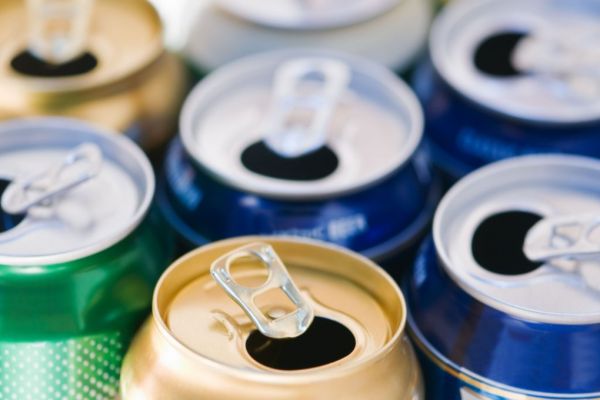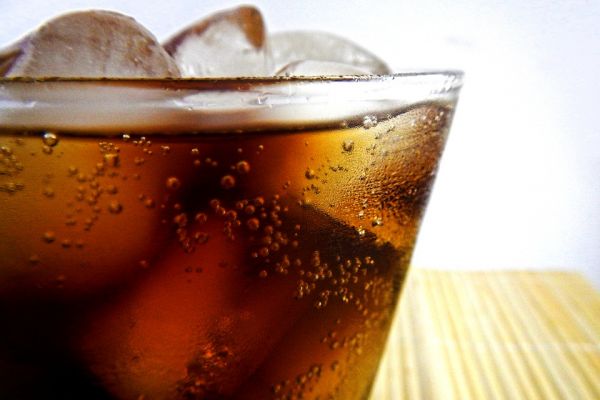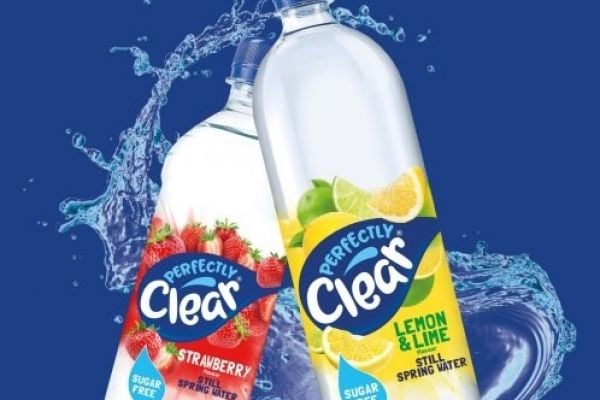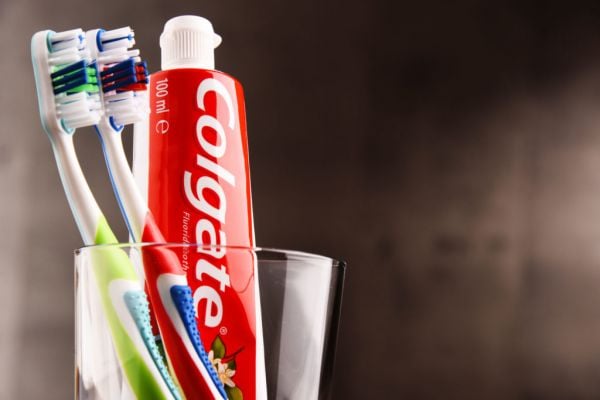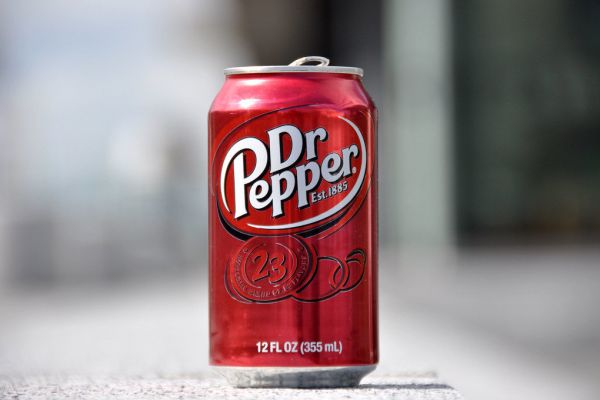The World Health Organization's decision to classify aspartame, a sweetener used in many beverages and food products, as 'possibly carcinogenic' contradicts "decades of high-quality scientific evidence", the executive director of the International Council of Beverages Associations (ICBA), Kate Loatman, has said.
Loatman was commenting following the news that the International Agency for Research on Cancer (IARC), the WHO's cancer research arm, will list aspartame as 'possibly carcinogenic to humans' for the first time from July.
WHO Committee
The decision was influenced by a WHO expert committee on food additives, known as JECFA (the Joint WHO and Food and Agriculture Organization's Expert Committee on Food Additives), according to reports.
However, according to Loatman, the classification is misleading as it places aspartame within a broad range of products also deemed to be 'possibly carcinogenic', including aloe vera and pickled vegetables.
"While it appears IARC is now prepared to concede that aspartame presents no more of a hazard to consumers than using aloe vera, public health authorities should be deeply concerned that this leaked opinion contradicts decades of high-quality scientific evidence and could needlessly mislead consumers into consuming more sugar rather than choosing safe no- and low-sugar options - all on the basis of low-quality studies," she said.
"Even IARC agrees it is not the appropriate authority to undertake risk assessment based on actual consumption and that it 'does not make health recommendations.' We remain confident in the safety of aspartame given the overwhelming weight of scientific evidence and positive safety determinations by food safety authorities in more than 90 countries around the world."
'No Significant Association'
Loatman pointed to an April 2022 systematic review by the WHO, which concluded that there was 'no significant association' between higher consumption of low- and no-calorie sweeteners (measured through beverage consumption) and cancer.
"We, therefore, welcome the broader, more comprehensive food safety review underway by the WHO and the UN Food and Agriculture Organization (FAO) Joint Expert Committee on Food Additives (JECFA)," she added.
EFSA Study
In 2013, the European Food Safety Authority (EFSA) concluded that aspartame is 'safe for human consumption at current levels of exposure', including for children and pregnant women.
At the time, EFSA experts said that following a 'thorough review', they ruled out a 'potential risk of aspartame causing damage to genes and inducing cancer'.
However, the experts did raise concerns over the composite elements that aspartame is comprised of – phenylalanine, methanol and aspartic acid – noting that methanol is a nerve toxin, which can be metabolised in the body to form formic acid.
© 2023 European Supermarket Magazine – your source for the latest A-Brands news. Article by Stephen Wynne-Jones. Click subscribe to sign up to ESM: European Supermarket Magazine.
